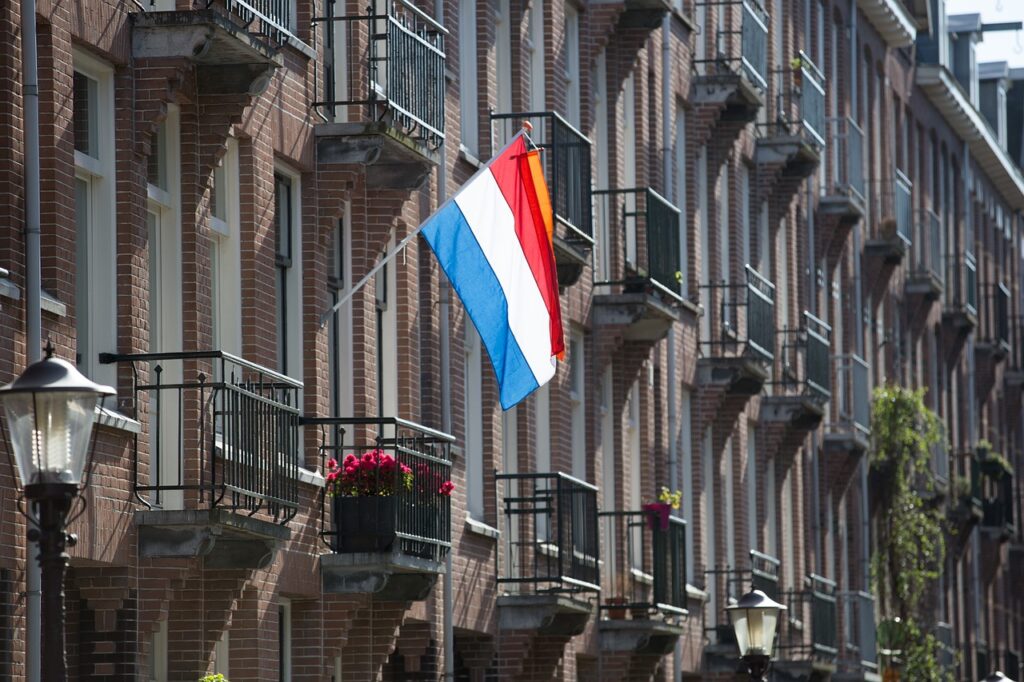The European Commission’s recent approval of a €998 million Dutch scheme to support renewable hydrogen production and an additional €80 million for the Djewels demonstration project marks a significant move in Europe’s transition towards clean energy.
The Dutch scheme aims to facilitate the development of at least 200 MW of electrolysis capacity by 2025, contributing to the country’s broader goal of installing 500 MW of electrolysers. Financial support will be allocated through an auction set for 2024, targeting projects with a minimum capacity of 0.5 MW. The European Commission (EC) found this scheme necessary and appropriate to boost renewable hydrogen production, offering direct grants covering up to 80% of investment costs along with a variable premium over five to ten years.
While the planned 200 MW capacity is a notable step, it is essential to compare it with global hydrogen production targets. For instance, the European Clean Hydrogen Alliance aims to install at least 6 GW of renewable hydrogen electrolyzers by 2024 and 40 GW by 2030. In this context, the Dutch initiative represents a modest but crucial contribution to the larger European goal. However, the pace of development and the financial mechanisms in place will be critical in determining the scheme’s success and scalability.
The €80 million state aid for the Djewels demonstration project supports the first EU initiative of its kind, focusing on an innovative alkaline electrolyser with high current density electrodes. This technology aims to produce high-pressure hydrogen while maintaining a compact size, with a planned capacity of 20 MW. Construction is set to begin in 2024, with commissioning expected by 2027.
The EC’s support schemes underscore the importance of regulatory frameworks and financial incentives in advancing renewable hydrogen technologies. The requirement for adherence to EU standards for renewable fuels of non-biological origin (RFNBOs) ensures that funded projects align with stringent environmental and efficiency criteria. This approach not only fosters innovation but also promotes consistency and reliability across the sector.
These initiatives are part of a broader trend where public funding and policy support play pivotal roles in shaping the hydrogen energy market. As countries strive to meet carbon neutrality targets, the development of scalable, cost-effective hydrogen production methods becomes increasingly vital. The Dutch scheme and the Djewels project, while significant, are initial steps in a much larger and complex journey towards a sustainable hydrogen economy.
